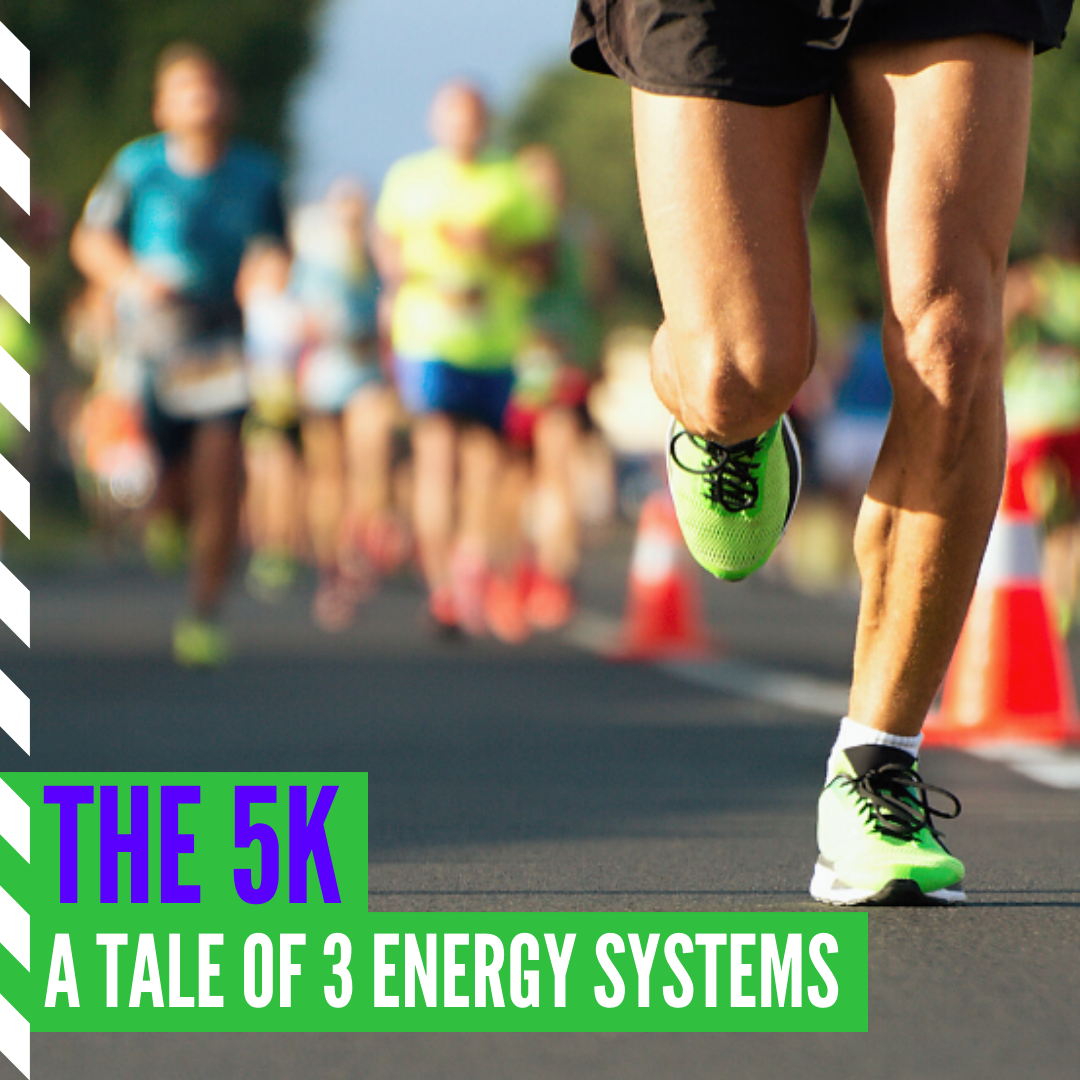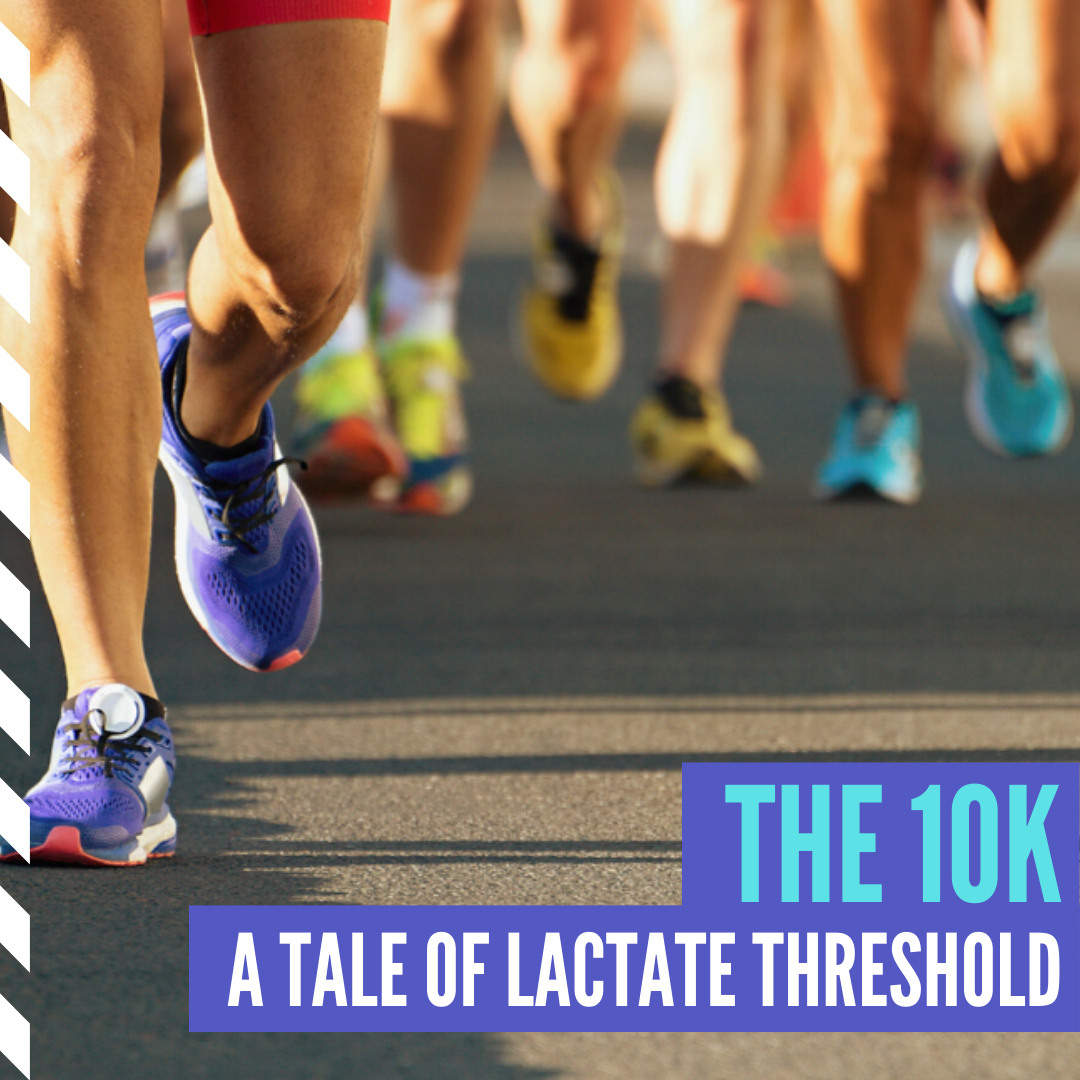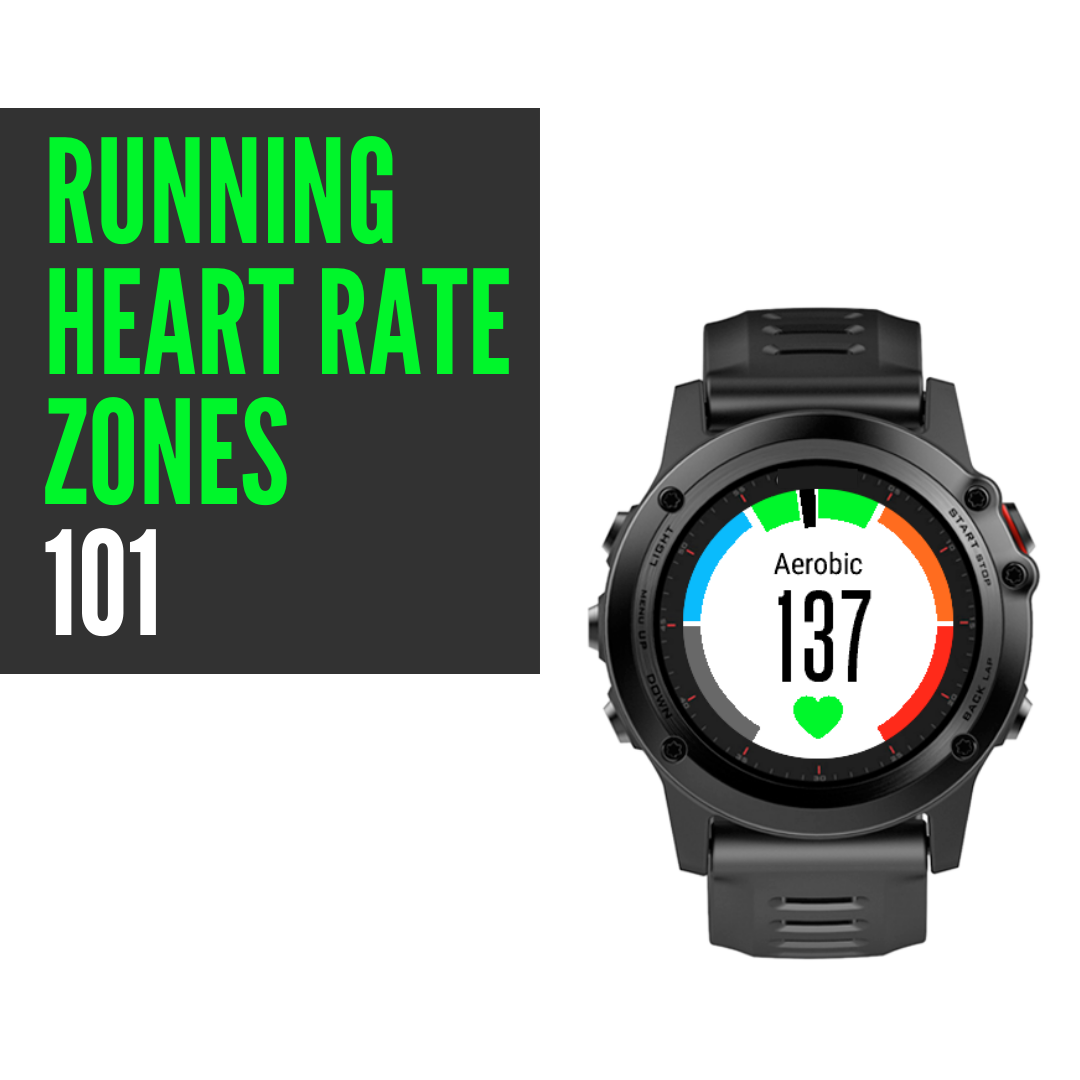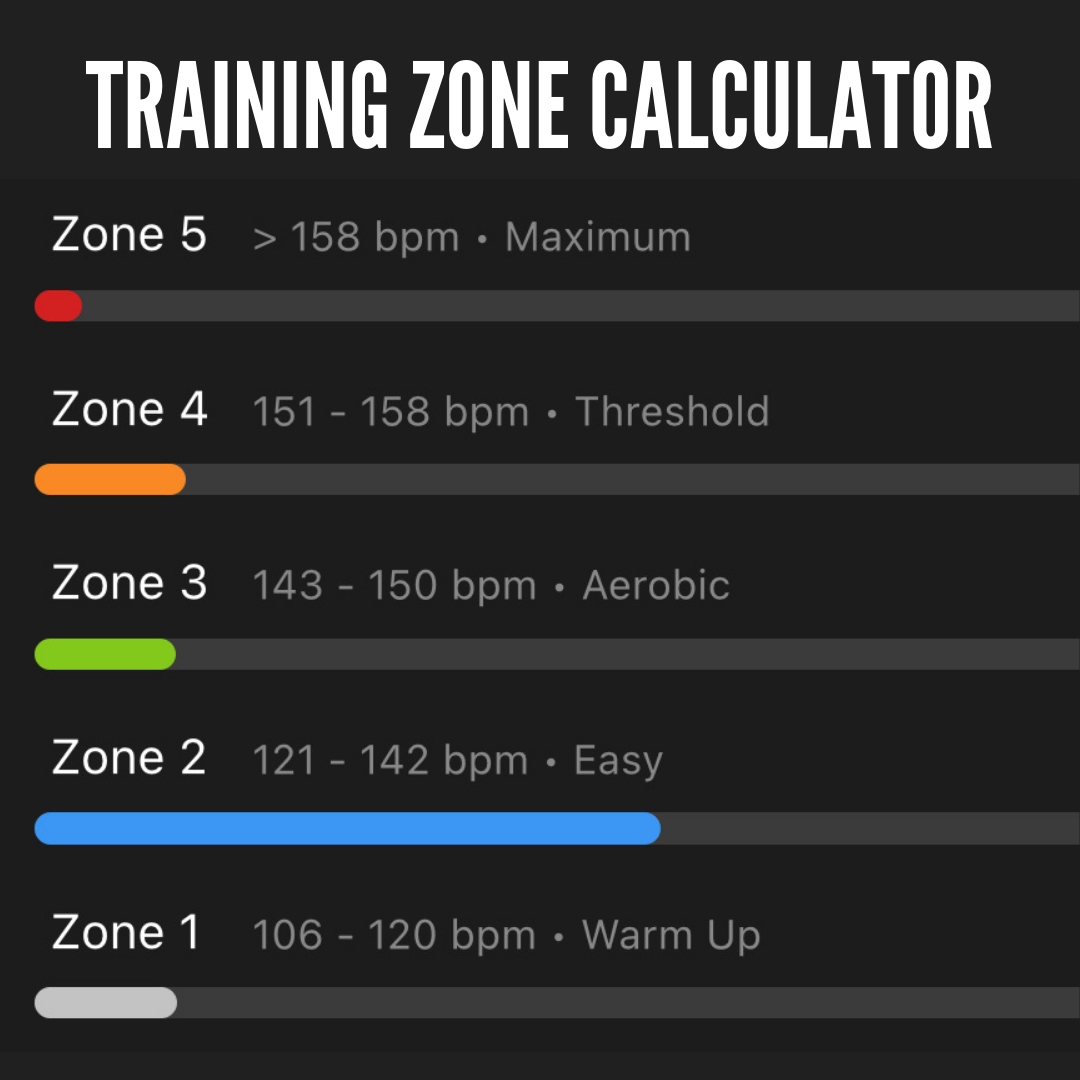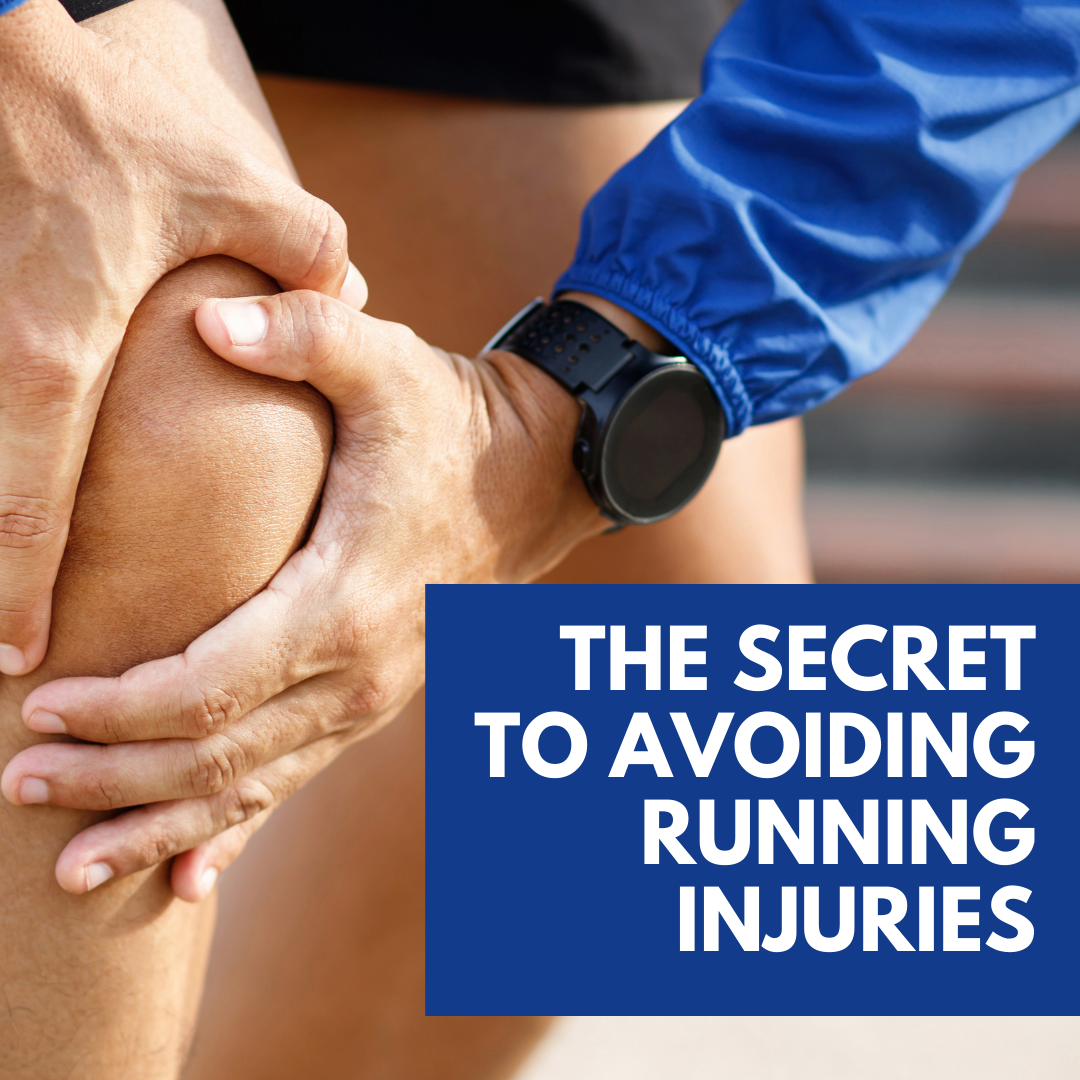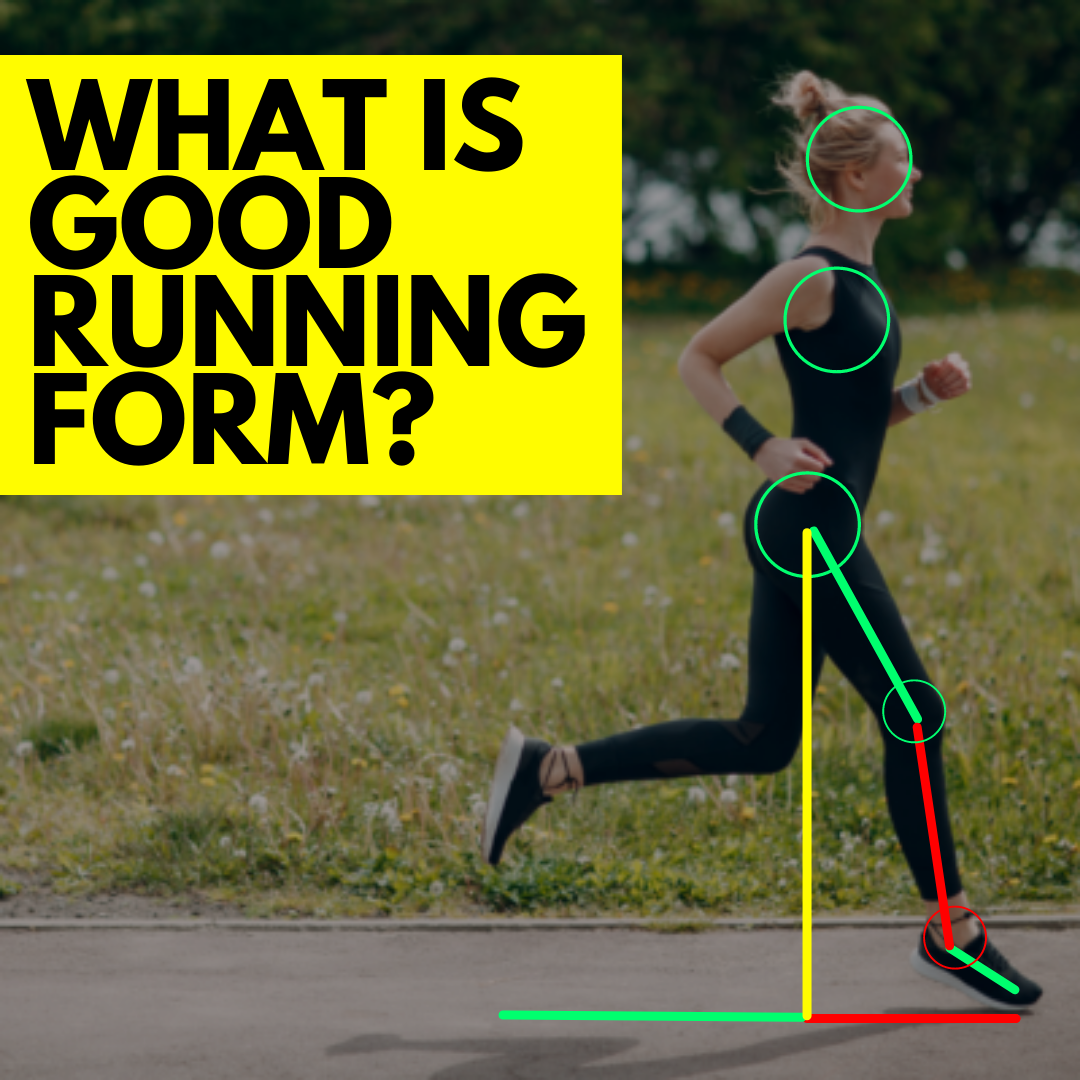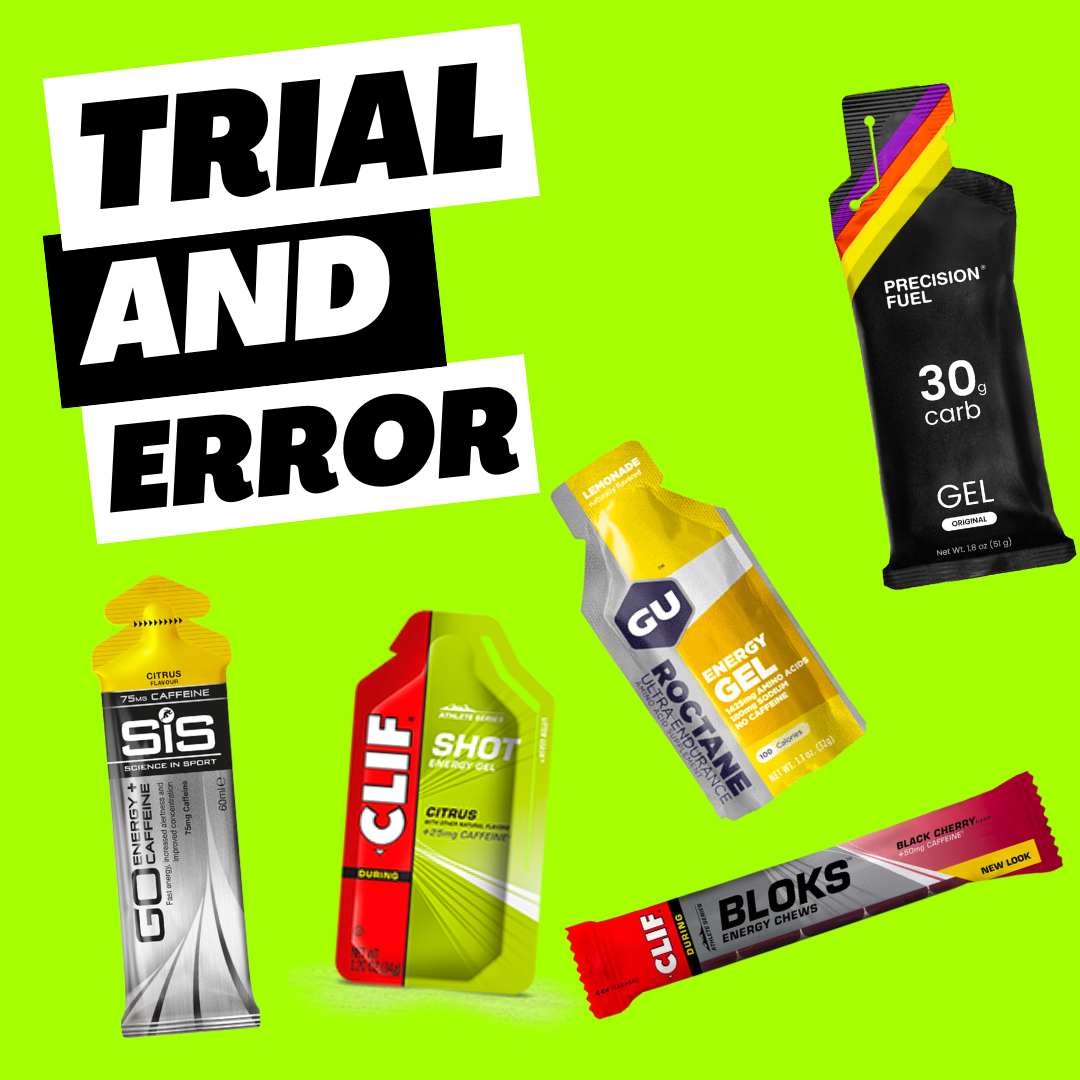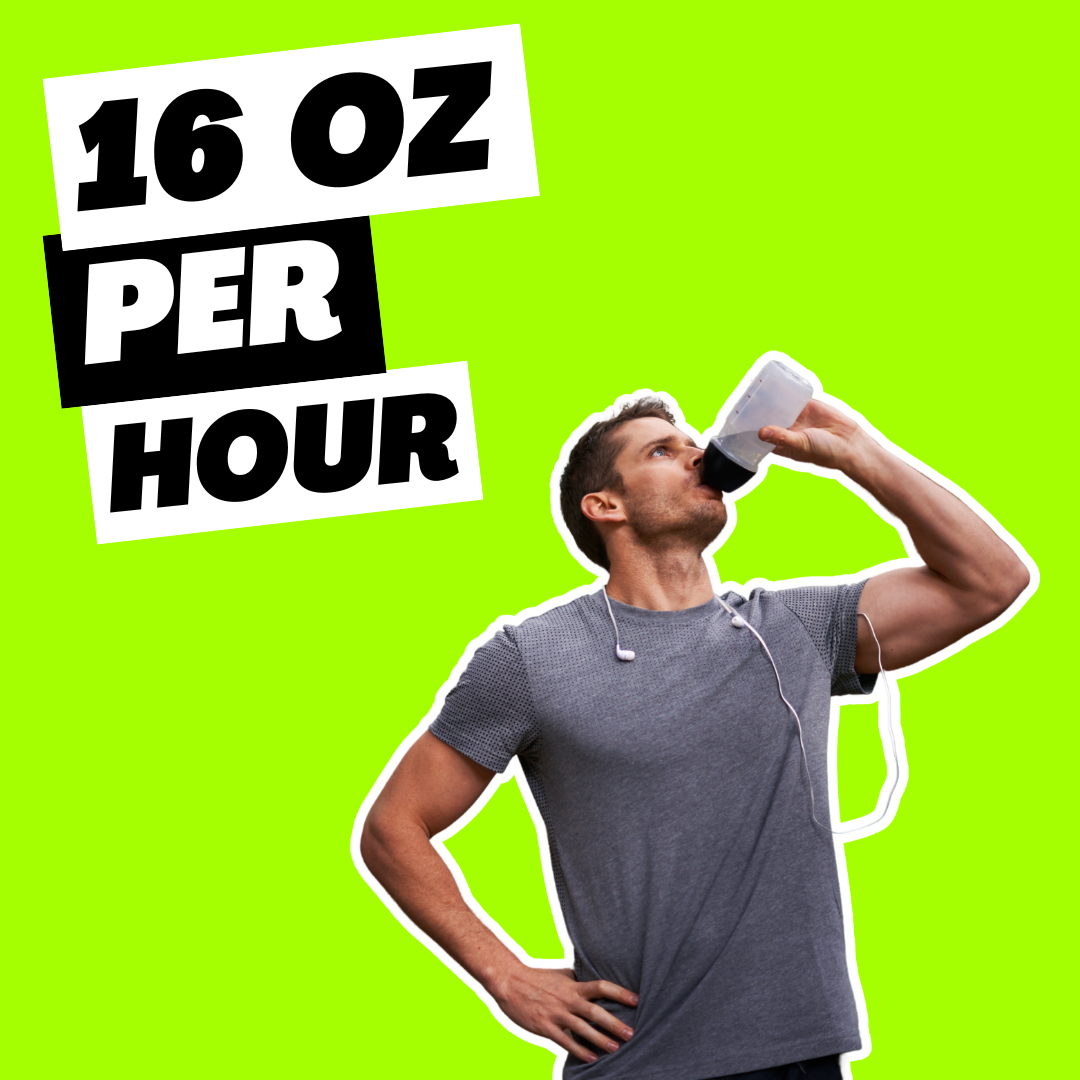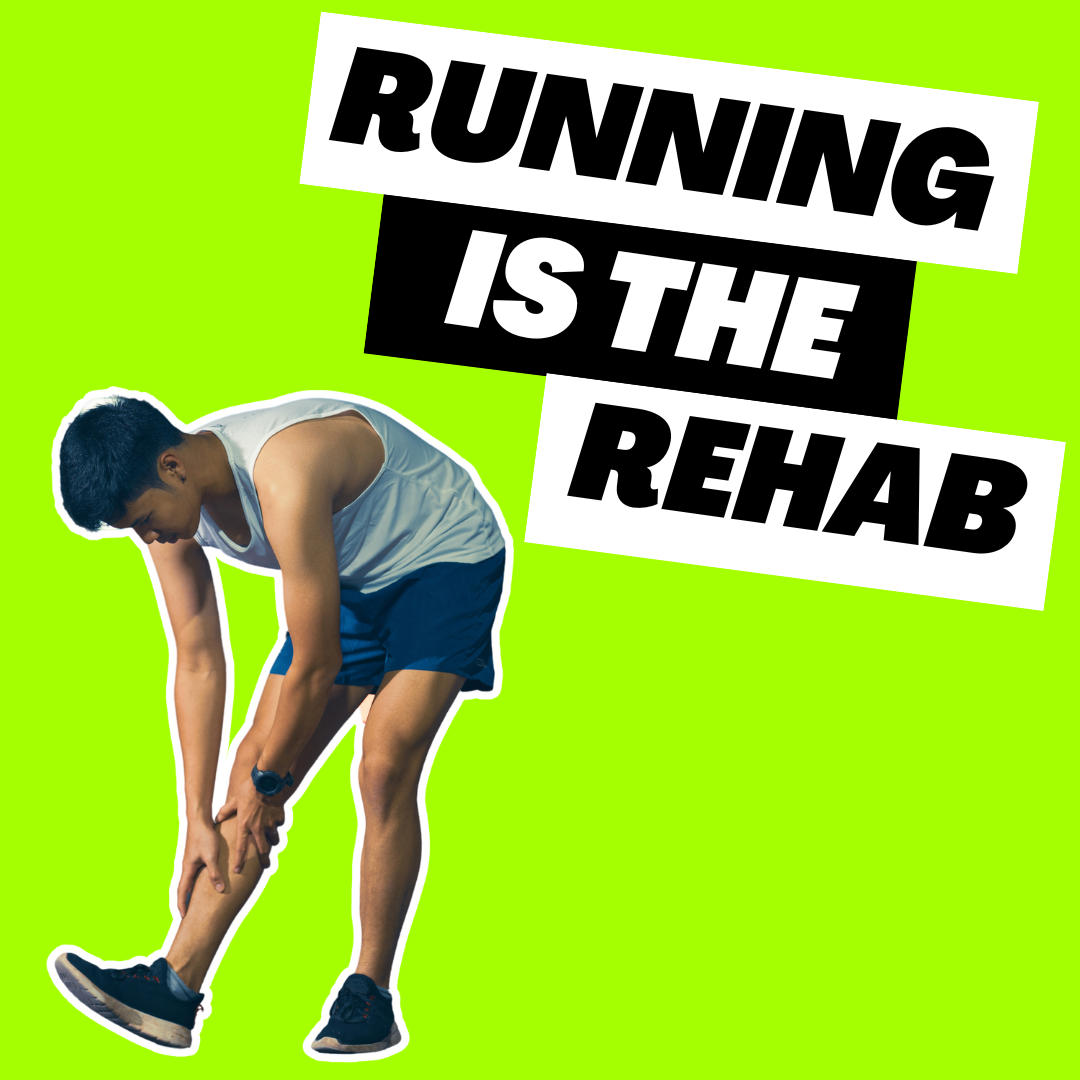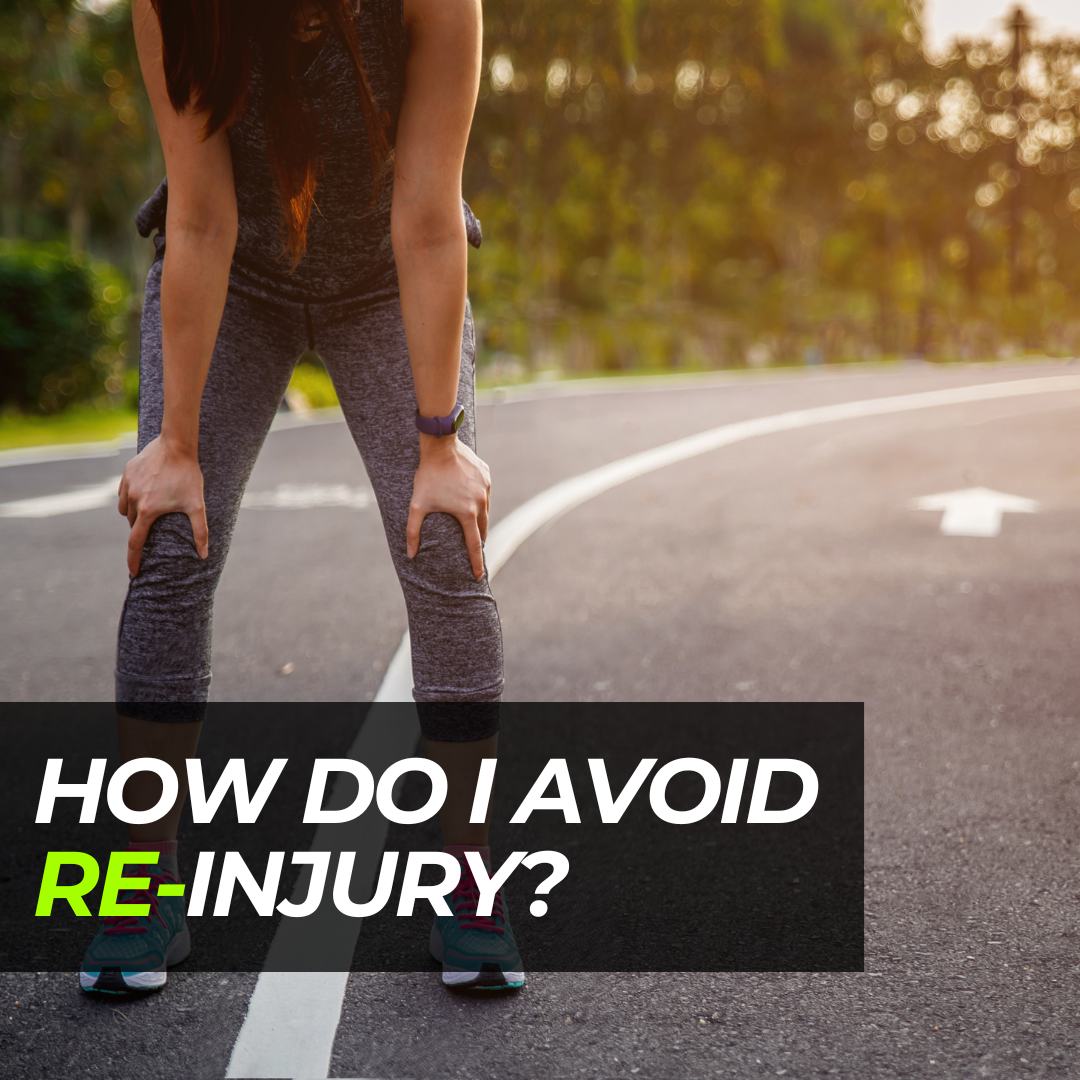What should I Eat to Fuel my Run? | with Stephanie Small, Registered Dietician
Runners often use gels and sports drinks to fuel their long runs. In my experience, they typically take 1 gel per hour (at the most). Frankly, this is not enough. That would be 20-25 grams of carbohydrate. If you want to fuel your long run properly, you need more like 30-60 grams of carbohydrate. That’s more like 2-3 gels.
To put it more clearly, most runners be fuelling with 2-3 times as much carbohdrate on their runs. No wonder runners are always bonking! In this episode, Endurance Specialist Dietician, Stephanie Small, walks us through exacly how much you need to consume to fuel your runs. More importantly, she tells you exactly how to do it!
Stephanie also explains what to eat before, during and after your runs to enhance recovery. As well as telling you how to calculculate how many calories and macros you actually need to properly fuel your training…spolier alert, it’s more than you think!
Get a notepad ready for this one!
Subscribe to The Adaptive Zone Podcast…
Chapters
Click to jump to that part of the video…
- 00:00 What should I eat to fuel my run?
- 03:04 What should I eat on a long run?
- 10:16 How many gels for a long run?
- 19:08 Is eating gels on a run unhealthy?
Mentioned in the Show
- Carb Loading for Marathons
- Running to Lose Weight? Avoid these Mistakes
- Calorie Requirement Calculator Spreadsheet
Connect with Steph
- Website: StephanieSmallCoaching.com
- Instagram: stephaniesmall.rd
- Research Gate: Stephanie Small
More from Matthew Boyd
- Free Online Course Running Fundamentals
- Subscribe to The Adaptive Zone Podcast
- Subscribe to The Adaptive Zone YouTube Channel
- Facebook @matthewboydphysio
- Instagram @matthewboydphysio
Work with Matthew Boyd
- Running Technique Analysis
- Running Coaching
- Running Injury Physiotherapy
- Strength Training for Runners
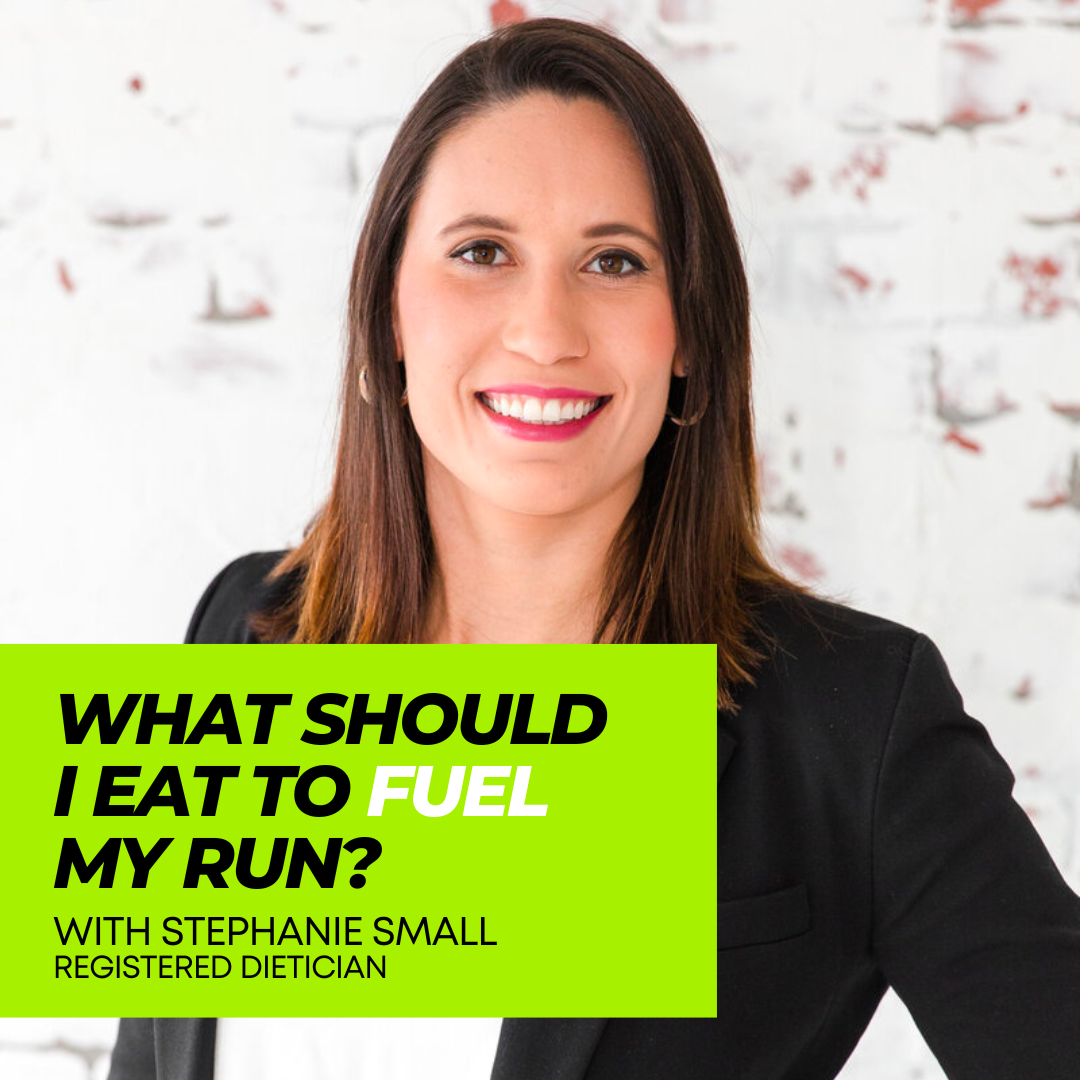
What Should I Eat During a Run?
Stephanie Small is a PhD student and a performance dietitian for athletes. She recommends eating 30 to 60 grams of carbohydrates each hour during a run. This amount depends on how intense and long the run is. The best foods to eat during a run are simple carbs like gels, sports drinks, fruit, or rice balls. But it’s important to choose foods that are easy to digest.
What If I Don’t Like Gels?
If gels don’t taste good or feel weird in your mouth, Stephanie says you can try other options like sports drinks, blocks, or dried fruit. But be careful with how much fluid you drink because it can slow down digestion and cause cramps and diarrhea. Stephanie suggests having a gel at the 30-minute mark and a drink at the 60-minute mark instead of mixing them too much.
Can I Make My Own Gels?
Stephanie says you can make your own gels with simple ingredients like maple syrup. This is a cheaper option than buying sports supplements. The goal is to eat 60 grams of carbs each hour during a run. Start by eating a little bit of carbs each hour, like 15 grams, and gradually increase it over time.
What Happens If I Don’t Eat Enough throughout the Week?
Not eating enough can hurt your performance in the long run, but it might not show right away. Signs of not eating enough include feeling tired, having trouble sleeping, feeling cold, getting sick often, having trouble recovering from workouts, and feeling irritable.
What Should I Eat Before and After a Run?
Stephanie says to eat a meal with low fat, high carbs, and moderate protein about 2-3 hours before a workout. For runs longer than 90 minutes, have a snack with simple carbs about 15-30 minutes before starting. After a workout, it’s important to refill your carbs as soon as possible by eating a combination of carbs and protein within an hour.
How Can I Fuel My Run the Right Way?
Stephanie also talks about the importance of eating consistently throughout the day and being an “intuitive athlete.” This means knowing how to fuel your body based on your physical activity instead of relying on you hunger to guide you. Hunger cues can be affected by other things, so it’s important to have a plan for fueling your body.
Summary
Fueling for endurance athletes is crucial for optimal performance. Stephanie recommends eating 30 to 60 grams of carbohydrates per hour during a run. Simple carbs like gels, sports drinks, fruit, or rice balls are the best options for fueling, but athletes can also try alternatives like sports drinks or dried fruit. Making your own gels with maple syrup is also an option.
To avoid under fueling, it’s important to have a balanced diet with the right amount of carbs, protein, and fat. Stephanie suggests eating a meal low in fat, high in carbs, and moderate in protein 2-3 hours before a workout and refueling with a carb and protein combo within an hour after a workout.
Becoming an “intuitive athlete” means having a plan for fueling based on physical activity rather than relying on hunger cues.
